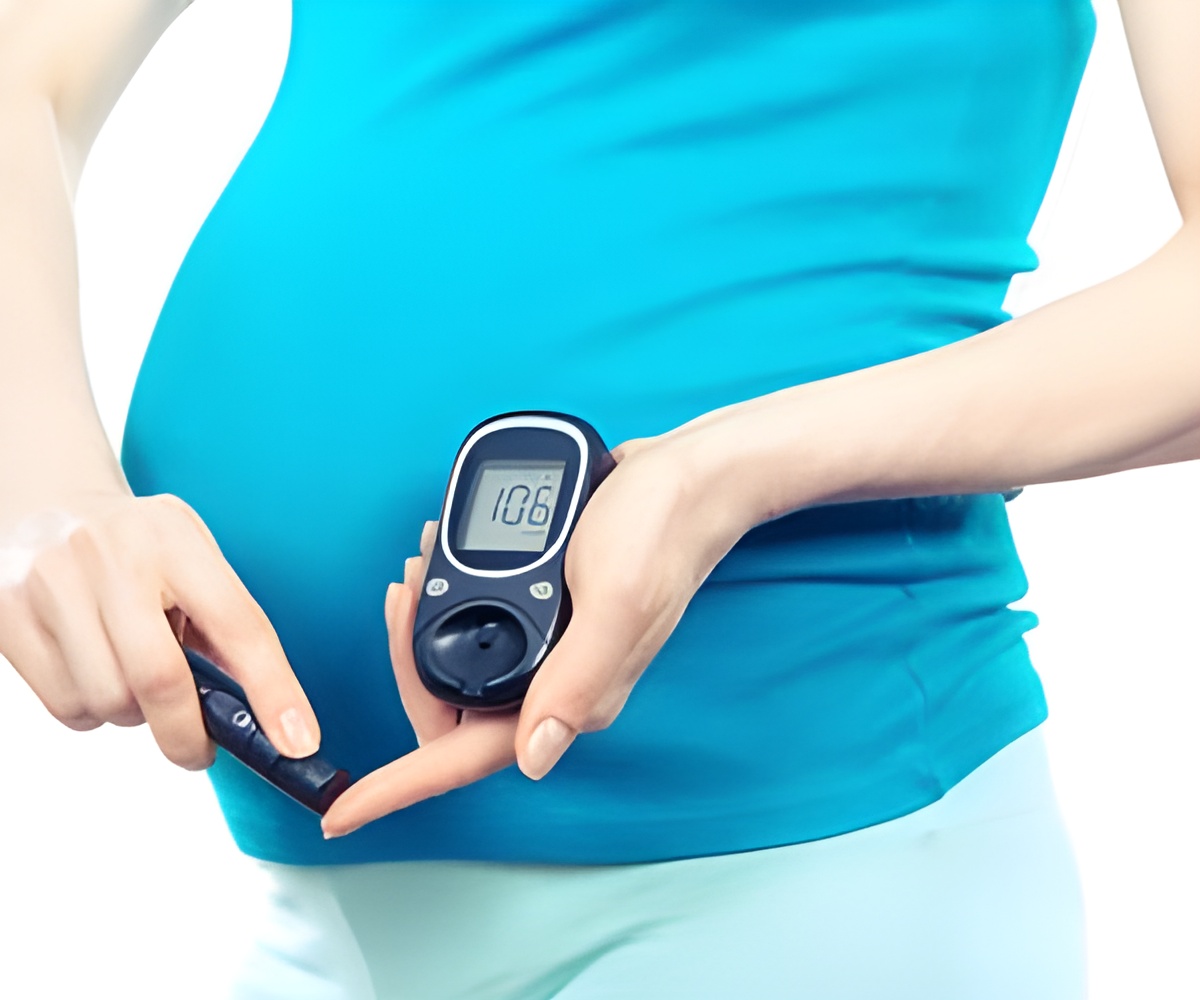Gestational diabetes is a quite common form of high blood sugar affecting 2 to 10 percent of pregnant women every year. Children born to mothers with gestational diabetes are found to be older than their actual age.

‘Gestational diabetes is a type of diabetes that is diagnosed for the first time during pregnancy. It can have adverse and long term effects on the baby’s health. One of those effects is accelerated aging.’





Expedited aging in children has been proved to be associated with poor health outcomes and cardiovascular risks in their later lives.Fastened aging can be examined by evaluating and comparing the person’s DNA methylation age and chronological age. In fastened aging, the DNA methylation age is greater than chronological age.
Studies postulate that children born to mothers who had diabetes while pregnancy had a higher epigenetic age, in other words, they were older than their actual age.
Advanced aging is associated with higher weight, increased BMI, higher body fat percentage and upper-arm circumference.
“These findings suggest that gestational diabetes may have long term effects on epigenetic aging in offspring and lead to poor cardio-metabolic outcomes” says Stephanie Shiau, an instructor at the Rutgers school of Public Health.
Advertisement
Symptoms of gestational diabetes are not evident but the person feels thirstier and hungrier than usual and increase in the tendency of frequent urination.
Advertisement
Treatments include consuming a healthy diet and exercising regularly.
Source-Medindia













